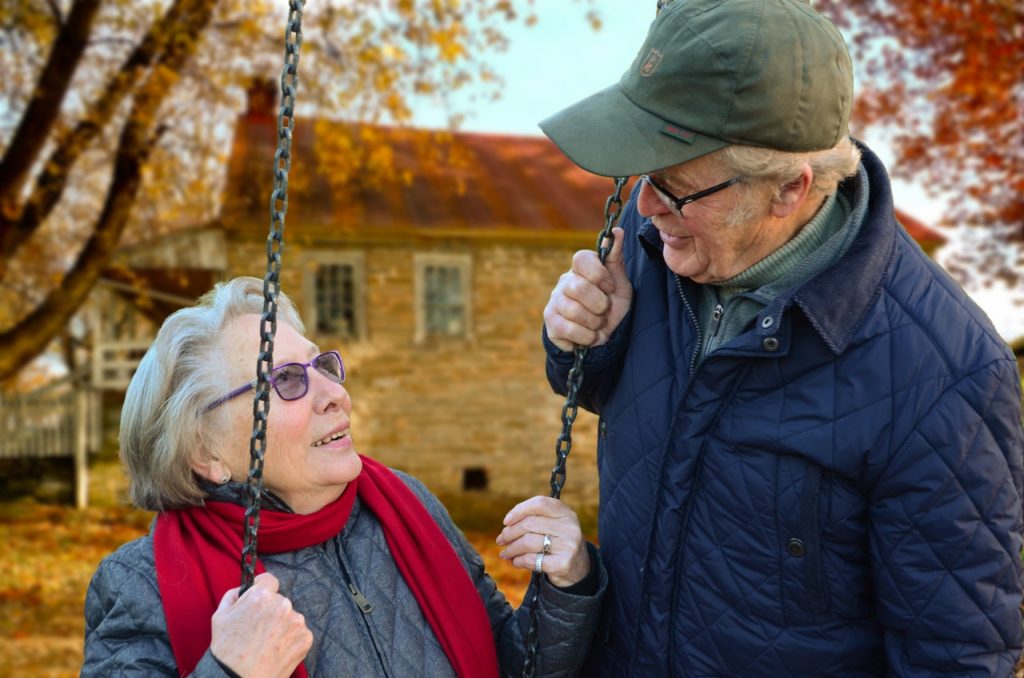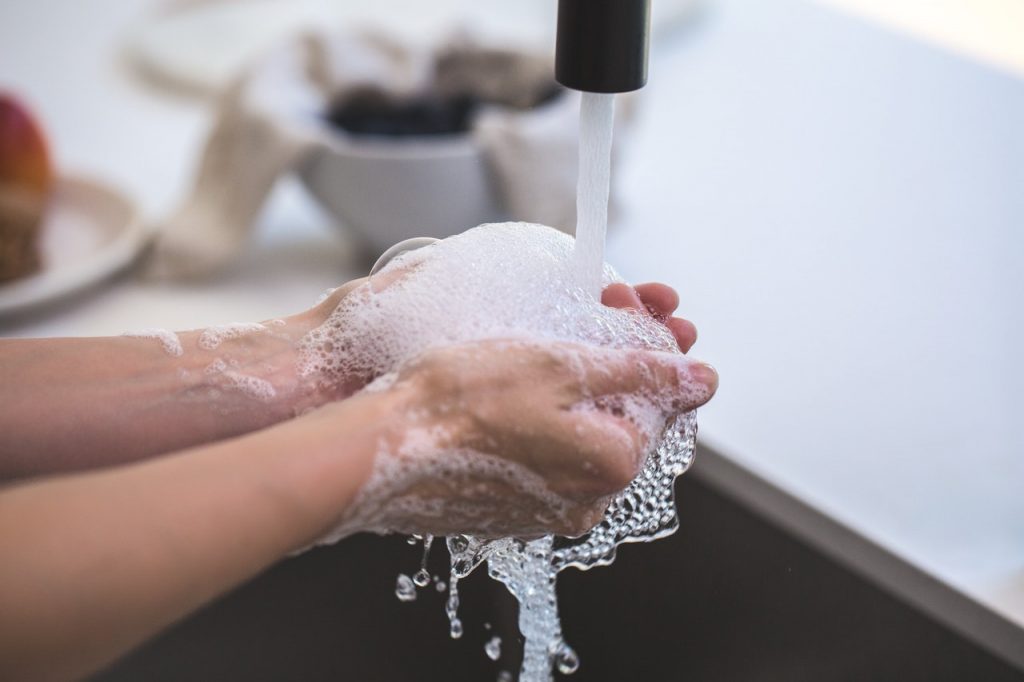
Nobody saw the Coronavirus crisis coming until it had already spread dramatically, becoming a pandemic, and collecting 135,000 lives from all over the world. The World Health Health Organisation has warned that 60-80 years old are the most susceptible in acquiring this disease alongside people with pre-existing chronic health conditions, lung issues, and the immunocompromised.
COVID-19, being transferrable through air droplets, can be transmitted from human-to-human. This is what makes it so dangerous. Though most cases that have been reported were not locally acquired, some individuals contracted the disease in aged care facilities.
It’s hard for health caregivers to avoid being infected despite putting on personal protective equipment (PPE). Aged care homes do everything that they can to assist the elderly. This includes everything from general care to fall prevention and dementia care. Here are some steps that have been implemented to try and protect the elderly and vulnerable from the deadly Coronavirus.
Locking down aged care facilities and isolating cases that have emerged
In Australia, Prime Minister Scott Morrison ordered particular aged care facilities to lockdown. This is to protect the elderly from the risk of contracting Coronavirus from any visitors.
The challenge that this results in though is depression and loneliness. As this problem existed even before the terrible Coronavirus, with most of the elderly being on their own, it is a delicate balance between protecting them and making the situation worse. To solve this problem, face time and video calls from family or support groups have been encouraged to meet their social needs.
Frequent sanitation
There’s always the question of whether simple sanitation processes are implemented correctly. Floor cleaning, elevator button sanitation and handwashing practices before and after patient contact are all essential. These are simple tasks, yet they are often the most neglected.

Prevention is better than cure
Wearing surgical masks serves as a barrier. It is a form of prevention which is better than a cure. So, wearing this all the time is much better than having to try and cure someone. It is a way for any air-borne diseases to be controlled and prevent the spread of Coronavirus. Staying connected with the Centre for Disease Control (CDC) and World Health Organisation (WHO) in terms of new preventive measures is vital. These suggestions should be put into action to be proactive in fighting this disease.
Stocks and supplies should always be complete
Greg Hunt, Australia’s Health Minister, considers stocking the hospitals with enough supplies should an outbreak occur to be the most crucial force in fighting the virus. Their stream of supplies should be kept full according to him including masks, hand sanitiser, alcohol-rub, and sanitising agents for the entire facilities. This way, both staff and patients can be protected. This principle should also be followed by health care facilities and aged care homes.
Actual implementation
There are rules that have been created to keep everyone safe but if no one is willing to follow them, all efforts are going to go down the drain. Not following Coronavirus laws is putting people at risk including law enforcers, medical professionals, the general public and the elderly. To safeguard aged care facilities, it is essential to carry out all these suggestions thoroughly while keeping the focus on controlling the pandemic and supporting everyone in the community. Protocols should be followed to eradicate this dangerous public health risk.
Summing it all up, these interventions were formed based on advice from the CDC, WHO and the Australian government to keep everybody safe. It is important that we all adhere to the public health safety advice to stop the spread of Coronavirus.



